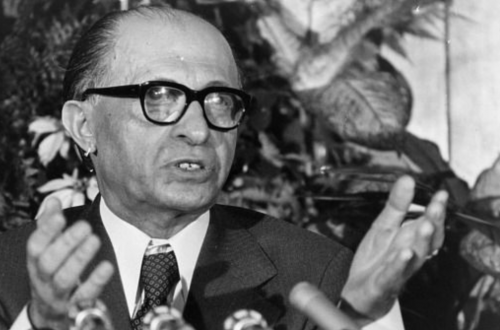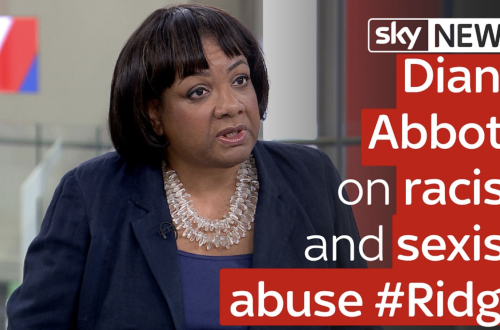It has recently been ruled that it was correct for a paedophile to be given a longer sentence because of the additional shame allegedly experienced by his Asian victims and their families. (You can read the judgement itself here.) The girls’ marriage prospects, it was argued, had been damaged. The legal reasoning behind this decision is the injunction to consider the particular circumstances of each case, and their impact on victims.
The Sentencing Council’s guidelines do not specifically refer to race or ethnic background at all. They do, however, say that judges should consider the psychological effect of any attack on the victim. That in turn can include the background of the victim in assessing the seriousness of the offence. Judges, under the guidelines, are therefore entitled to consider the degree of harm inflicted in the context of the damage suffered by the victim.
The NSPCC’s response was forthright.
Commenting on the case, an NSPCC spokesman said that any sentence should not depend on cultural background. “British justice should operate on a level playing field and children need to be protected irrespective of cultural differences,” he said.
Many others have criticised the ruling:
Jasvinder Sanghera, chief executive of Karma Nirvana, a Leeds-based national charity which works with the survivors of honour based abuse, said the judgement provided “an injustice” to other victims of similar sexual abuse that are not from a South Asian community.
She said: “We feel that the ‘shame’ factor highlighted in this case is a prevalent and common feature for all victims of sexual abuse.
“We feel strongly that the judge should not be considering the marriageability prospects of the victims as a result of this abuse.”
“Regardless of race, religion, or gender, every child deserves the right to be safe and protected from sexual abuse, and the courts must reflect this. It is vital that those who commit these hideous crimes are punished to the full limit of the law.”
Although it is possible to understand how this decision can be mapped onto sentencing guidelines, this unsettling distinction between different categories of victim echoes earlier views of rape and sexual abuse as crimes against ‘property’, chastity or the wider family rather than against the woman herself. Ironically, a ruling which seems designed to support minority communities may have just the opposite effect. This story will only feed the frustration of those who already feel that political correctness led to the plight of abused girls being ignored. Taking different cultural contexts into account can be a legitimate move – recognizing that some Asian girls may face particular barriers to seeking help – but differential sentencing surely isn’t the answer.
Donald Trump has been widely criticised for the way he handled a question about Muslims at a rally. You can watch the clip here. ‘We have a problem in this country. It’s called Muslims’, the supporter asserted, before insisting that Obama himself was a Muslim. Donald Trump seemed amused by the question, and raised no objection either to the anti-Muslim bigotry or to the suggestion that Obama is a Muslim. He blandly acknowledged that many think bad things are happening, and that ‘we’re going to be looking at that and plenty of other things’.
The response from Trump’s campaign manager was neither convincing (Trump clearly understood what the man was saying before training camps were even mentioned):
After the event, several reporters asked Trump why he didn’t challenge the questioner’s assertions. Trump did not answer.
But Corey Lewandowski, Trump’s campaign manager, later told CNN that the candidate did not hear the question about Obama being a Muslim.
“All he heard was a question about training camps, which he said we have to look into,” Lewandowski said.
nor reassuring:
“The media want to make this an issue about Obama, but it’s about him waging a war on Christianity.”


